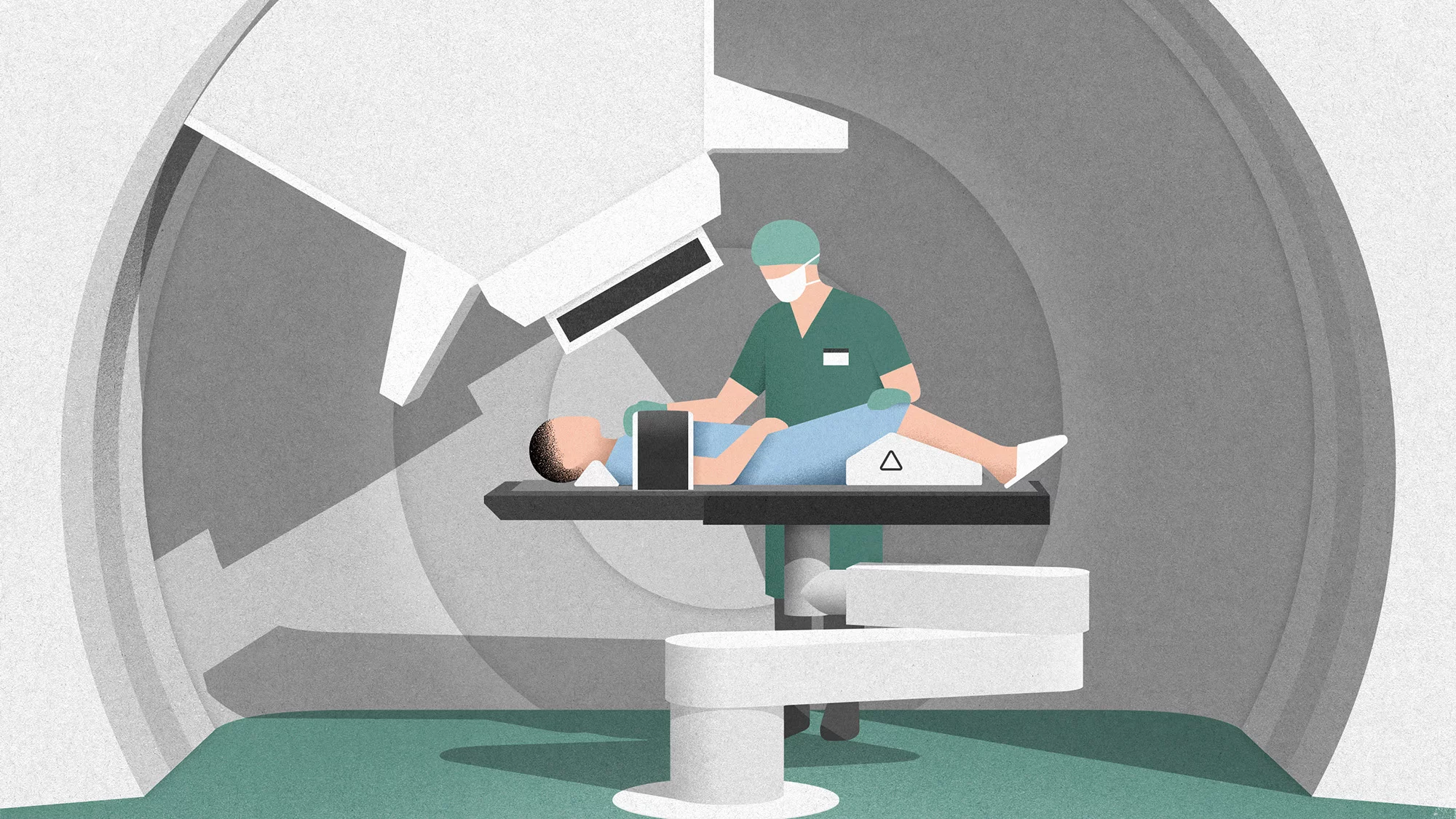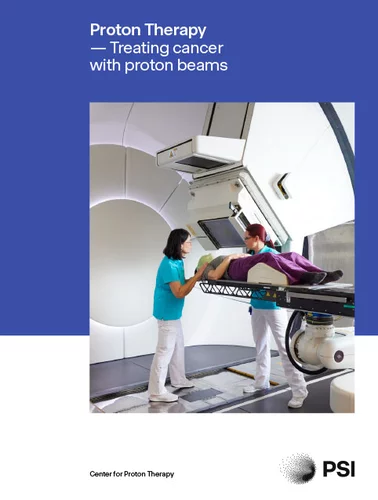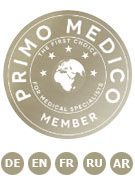Proton therapy is a very complex, time and cost intensive form of radio-therapy. The Center for Proton Therapy at the Paul Scherrer Institute CPT is currently the only institution in Switzerland that offers this type of cancer treatment.

The Swiss Health Care Benefits Regulation specifies in its annex 1 the cancers for which the compulsory health care insurances cover the costs of radiotherapy with protons.
At CPT as a matter of prinicple only diseases listed in this annex are treated. Also, we cannot accept patients with known metastases. Exceptions are made only for certain diseases in children and adolescents.
Protons for Babies and Children
For very young patients, cancer treatment needs to be particularly effective but also very sparing, which is why CPT at PSI is specialised in the treatment of children.

